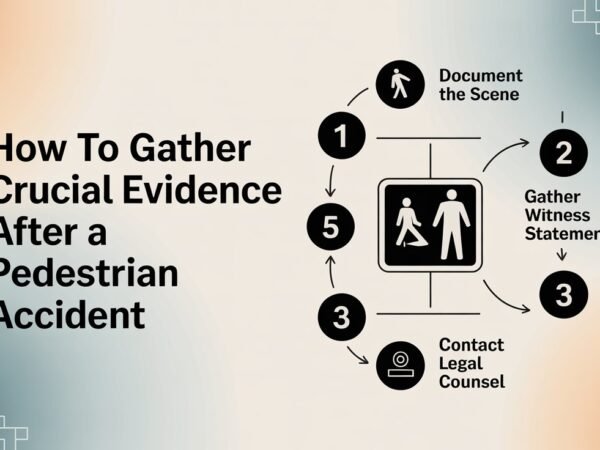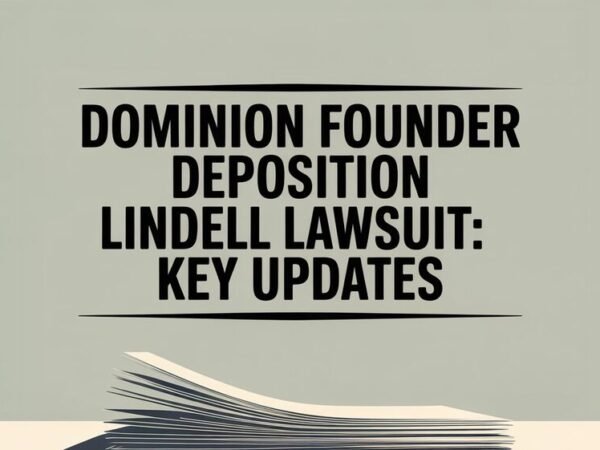It is not wisdom but authority that makes a law. t – tymoff suggests that laws are often created and enforced by those in power positions rather than based on collective wisdom or moral reasoning. It highlights the distinction between the authority to establish laws and the wisdom that ideally should guide just and fair legislation.
Throughout history, lawmaking has been a cornerstone of societal organization, reflecting different civilizations’ values, norms, and power structures. The phrase “It is Not Wisdom but Authority That Makes a Law” captures a profound truth about legal systems: laws are often the products of those who hold power rather than the embodiments of collective wisdom or moral reasoning. This statement, attributed to T – Tymoff, invites us to explore the dynamics between authority and knowledge in creating and enforcing laws.
Historical Context
The historical context of lawmaking reveals authority’s critical role in shaping legal systems. In ancient Rome, for example, the Twelve Tables were established by patrician magistrates who wielded significant authority, setting a foundation for Roman law that would influence Western legal traditions for centuries. Similarly, in medieval Europe, monarchs and feudal lords exercised their authority to enact laws that often reflected their interests and consolidated their power. These laws were only sometimes rooted in fairness or wisdom but served to maintain the existing power structures.
Understanding the Quote
Understanding the quote, “It is Not Wisdom but Authority That Makes a Law,” requires us to dissect the concepts of authority and wisdom. Authority refers to the power or right to enforce rules and make decisions, often derived from a position of leadership or governance. Wisdom, conversely, encompasses sound judgment, ethical considerations, and the ability to foresee the long-term consequences of actions. The quote suggests that laws are frequently the result of authoritative decree rather than enlightened deliberation. This distinction is crucial because it highlights a potential disconnect between the creation of laws and their ethical or practical soundness.
Authority in Lawmaking
Authority in lawmaking has historically been exercised by those in positions of power, such as kings, emperors, and elected officials. These authority figures can enact laws that shape societies, often without direct input from the populace or consideration of broader ethical principles. For instance, the English Magna Carta of 1215 was forced upon King John by his barons, reflecting the barons’ authority rather than collective wisdom. While the Magna Carta laid the groundwork for constitutional law, its origins were rooted in the power struggles of the time rather than a pure pursuit of justice.
Wisdom versus Authority
The potential conflicts between authority and wisdom in lawmaking can lead to significant societal challenges. When laws are made solely based on authority, without the guidance of wisdom, they may fail to address the needs and rights of the people they govern. This can result in unjust practices, social unrest, and a lack of public trust in legal institutions. For example, Jim Crow laws in the United States were enacted by state legislatures with the authority to do so. Still, they lacked any semblance of wisdom or justice, leading to decades of racial segregation and discrimination.
Case Studies
Examining specific case studies can further illustrate the impact of authority-driven laws. One notable example is Prohibition in the United States, where the 18th amendment, ratified in 1920, banned the manufacture, sale, and transportation of alcoholic beverages. Despite the authority behind its enactment, Prohibition could have been more successful. It led to numerous unintended consequences, including increased organized crime and widespread disregard for the law. The lack of wisdom in anticipating these outcomes eventually led to the amendment’s repeal in 1933.
Another case study is the apartheid system in South Africa, where the National Party used its authority to implement and enforce a regime of racial segregation and discrimination from 1948 to 1994. The authority of the state backed the apartheid laws. Still, they lacked wisdom and justice, leading to profound social and economic inequalities. The dismantling of apartheid and the subsequent establishment of a democratic government underscored the need for laws to be guided by principles of equality and human rights rather than mere authority.
The Role of Wisdom in Modern Lawmaking
In modern lawmaking, there is a growing recognition of the importance of integrating wisdom into the legislative process. Democratic societies attempt to balance authority with wisdom through checks and balances, public consultation, and reliance on expert advice. For instance, judicial review allows courts to assess the constitutionality and fairness of laws, ensuring that they align with broader ethical standards and societal values. This system serves as a check on the potential overreach of legislative authority.
Furthermore, public participation in the legislative process can infuse wisdom into lawmaking. Citizens, advocacy groups, and experts can provide valuable insights and feedback on proposed laws, helping to ensure that they are well-informed and considerate of diverse perspectives. Public hearings, consultations, and referendums exemplify how democratic systems can incorporate wisdom into exercising authority.
Conclusion
In conclusion, the quote “It is Not Wisdom but Authority That Makes a Law” by T – Tymoff underscores a fundamental tension like legal systems. While authority is necessary to establish and enforce laws, wisdom is essential to ensure those laws are just, fair, and reflect societal values. This article’s historical and contemporary examples illustrate the potential pitfalls of authority-driven lawmaking and the importance of integrating wisdom into the legislative process. As societies continue to evolve, the challenge remains to balance authority with wisdom, creating legal systems that command compliance, inspire respect, and uphold justice.
FAQs on “It is Not Wisdom but Authority That Makes a Law. T – Tymoff”
What does the quote “It is Not Wisdom but Authority That Makes a Law” mean?
The quote suggests that laws are often created and enforced by those in power positions rather than based on collective wisdom or moral reasoning. It highlights the distinction between the authority to establish laws and the wisdom that ideally should guide just and fair legislation.
Who is T – Tymoff?
T – Tymoff appears to be the attribution of the quote, though it’s not a widely recognized source in standard literature. It might refer to a lesser-known author or work. With further context, providing more information about T – Tymoff is easy.
How has authority influenced lawmaking throughout history?
Authority has played a central role in shaping legal systems across different civilizations. In ancient Rome, patrician magistrates established the Twelve Tables, while in medieval Europe, monarchs and feudal lords enacted laws to consolidate their power. These laws often reflected the interests of those in power rather than fairness or wisdom.
Can you provide examples of laws made by authority rather than wisdom?
Examples include the Jim Crow laws in the United States, which were enacted by state legislatures with authority but lacked wisdom and justice, leading to racial segregation and discrimination. Another example is Prohibition in the United States, where the 18th amendment, though authorized, resulted in unintended negative consequences and was eventually repealed.
What are the potential conflicts between authority and wisdom in lawmaking?
When laws are made solely based on authority without wisdom, they can fail to address the people’s needs and rights, resulting in unjust practices, social unrest, and a lack of public trust in legal institutions. This disconnect can lead to laws that are not in society’s best interest.
How do modern democracies balance authority with wisdom in lawmaking?
Modern democracies integrate wisdom into the legislative process through checks and balances, public consultations, and expert advice. Judicial reviews assess the constitutionality and fairness of laws. At the same time, public participation through hearings and referendums ensures diverse perspectives are considered.
Why is it essential to integrate wisdom into the legislative process?
Integrating wisdom ensures that laws are fair and reflect societal values. It helps prevent unjust practices and social unrest, fostering public trust in legal institutions. Wisdom in lawmaking leads to rules that are in the best interest of society and uphold justice.
Can you give an example of an authoritative and wise law?
The Civil Rights Act of 1964 in the United States is an example of combining authority and wisdom. Enacted by Congress with the authority to do so, the law was also guided by wisdom. It addressed racial discrimination and promoted equal rights, reflecting broader ethical standards and societal values.
What role does public participation play in lawmaking?
Public participation infuses wisdom into lawmaking by providing insights and feedback from citizens, advocacy groups, and experts. It ensures that proposed laws are well-informed and considerate of diverse perspectives, contributing to more just and effective legislation.
How can societies ensure that laws are guided by both authority and wisdom?
Societies can ensure authority and wisdom guide laws by maintaining robust democratic processes, including checks and balances, public consultations, expert advice, and judicial reviews. Encouraging public participation and transparency in the legislative process also helps balance authority with wisdom.
Do Read: Allegations and Denials: A Look into the Smoothstack Lawsuit













